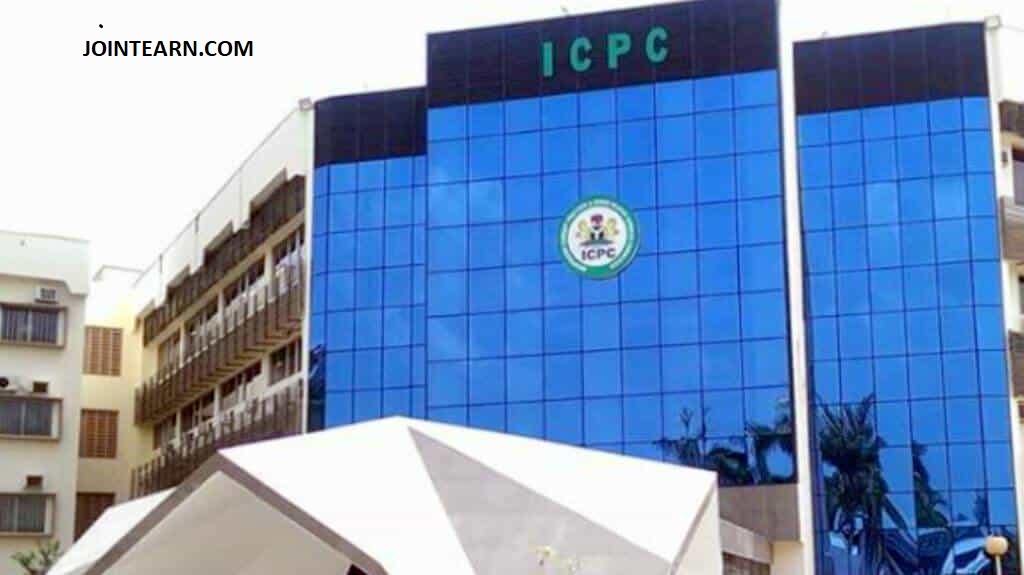A challenging festive season lies ahead for Nigerians as inflation continues to worsen under President Bola Ahmed Tinubu’s administration, with both headline and food inflation rates on the rise.
Economists and financial experts argue that the government’s efforts to curb inflation have been insufficient, leading to a 34.60% inflation rate in November. Many also believe that the Federal Government’s announcement of free train rides for commuters this festive season will have minimal impact on easing the economic strain.
In separate interviews with JOINTEARN, Prof. Segun Ajibola, former President and Chairman of the Chartered Institute of Bankers, and Muda Yusuf, CEO of the Centre for the Promotion of Private Enterprise, shared their concerns.
On Monday, the National Bureau of Statistics reported that Nigeria’s inflation rose by 0.72% month-on-month in November, reaching 34.60%. Food inflation surged to 39.93% from 39.19% in the same period, reflecting a significant increase of 6.4% in headline inflation and 7.09% in food inflation from the previous year.
Rising energy and transportation costs were identified as key factors driving the inflation surge. This came at a time when the federal government announced a two-week free train service to alleviate the high cost of transportation.
However, Prof. Ajibola dismissed the impact of the free train services and monetary measures by the Central Bank of Nigeria (CBN), stating that the solutions to Nigeria’s inflation lie in fiscal policies rather than contractionary monetary measures. He emphasized the need for better management of production costs, improving the ease of doing business, and tackling the broader challenges facing businesses.
Ajibola noted that the eroding purchasing power would worsen during the festive season, adding that while the government’s intervention was commendable, it would have little effect on the population.
Muda Yusuf also expressed concerns about the efficacy of monetary interventions and called for a more comprehensive fiscal response. He suggested that fiscal measures like transportation subsidies, tax waivers, and reductions in public spending could help reduce production and transportation costs. He warned that without coordinated efforts between monetary and fiscal policies, inflation would remain difficult to control.
Yusuf praised the free train initiative but argued for more sustainable and widespread subsidies across key sectors like education, health, and agriculture, which would provide lasting relief for Nigerians struggling with rising costs.
The Central Bank of Nigeria, led by Olayemi Cardoso, has continued to raise interest rates in an attempt to combat inflation, with the latest hike in November bringing the rate to 27.50% from 27.25%. However, experts remain skeptical about the effectiveness of these measures in addressing the country’s ongoing economic challenges.












